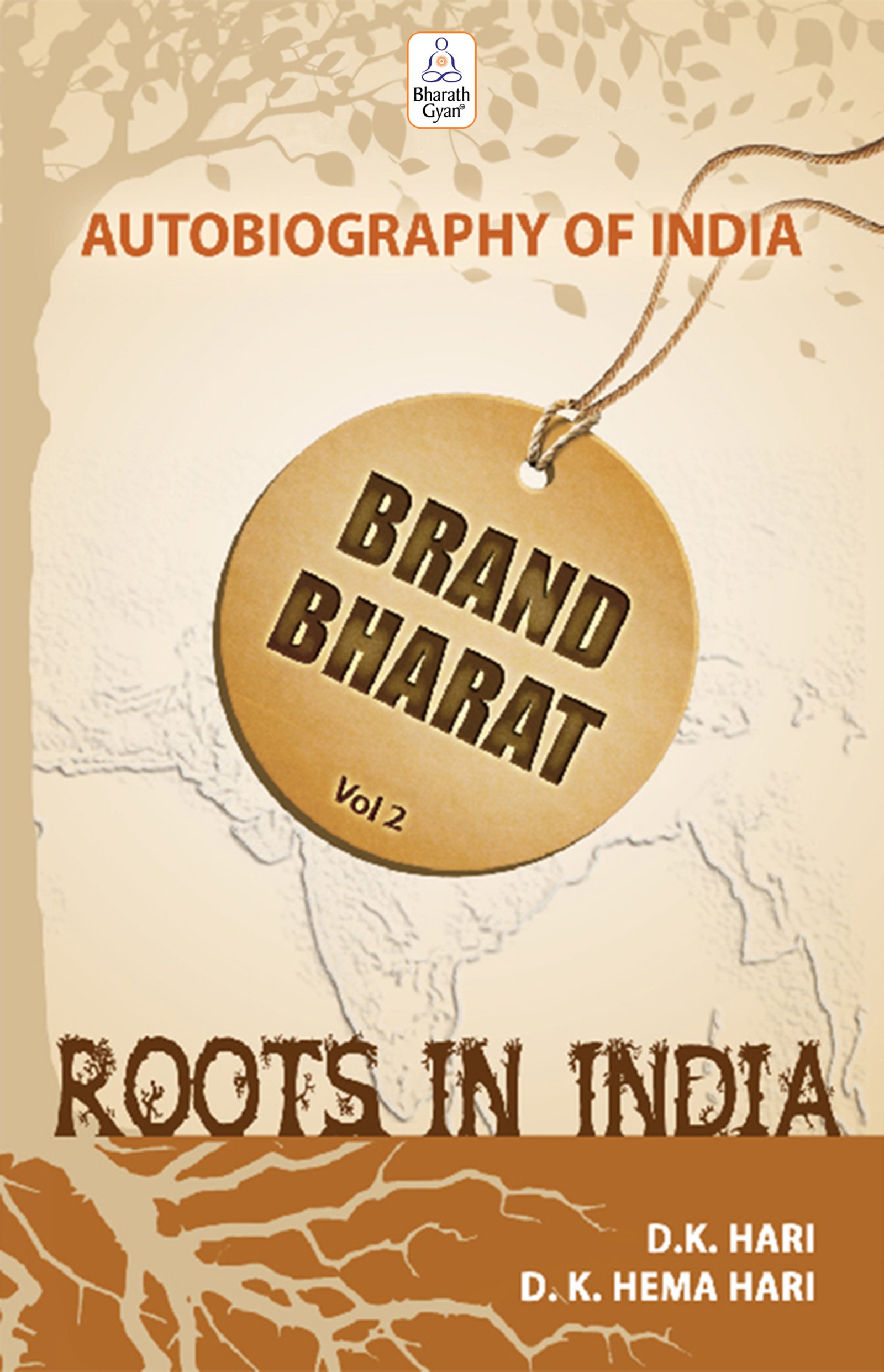Everyone has an innate interest to trace one’s roots. One’s surname is in a way, a way of anchoring oneself to one’s roots. One’s mother tongue is a way of anchoring oneself to one’s roots.
In the case of a civilization too, an anchor to its roots is a strong need.
Contra to its purpose of weighing down, an anchor in the case of a civilization, helps it soar high. For, without this anchor, the roots, who is to keep the multitude of people that make up the civilization, soaring in the same direction without going adrift?
Whenever a civilization flourishes or even starts to flourish, this search for an anchor, the expression of the anchor, the directional guidance from its roots, becomes innate to it.
In the 1970s, in the United States of America, there was a popular book by the name Roots which traced the ancestry of the author to an African slave who had been imported into America, from where, the idea of each one searching for one’s ancestry became a fond pass time.
In the Christian thought, one day in a year, is set aside as All Souls Days, for going to the cemetery to recall the good deeds of their forefathers.
In the Hindu thought too, this practice exists in the form of Mahalaya Amavasya, which comes around the Autumnal equinox, where everyone recalls their ancestry, prays for their ancestors and reminisces on the good deeds of their forefathers.
It is not just an occasion for recalling the genealogy alone, but also for recalling the various facets of these people that are worthy of recollection. While this is so for individuals and families, it is true at a civilizational level too.
A land and its people are respected by the depth of knowledge evident in their day to day activities, their character. Such a depth of knowledge can only come about, when it has been handed down from generation to generation as a legacy. For, knowledge has to be honed and whetted over time and experience.
Knowledge is a continuum. There is no end to it. And who knows what was there before it began spreading? The only way it continues to live is by spreading.
A living civilization is a reservoir of knowledge with many worthy aspects, as otherwise the civilization would not have survived. This is why people of a living civilization give importance to their heritage.
The very word heritage comes from the root, “to inherit”. It denotes that, which has come to someone from their earlier generation / generations. The concept of legacy is also similar, wherein, it is not just the tangible but intangible too, which legally comes down to them.
Today the world has a name for this intangible legacy that can be handed down – IP, intellectual property.
This volume, “Roots in India”, tries to list out some of the noteworthy, intangible assets that took root in India and which India has shared happily with the world at large.
Released by Gurudev Sri Sri Ravi Shankar Ji in Bangalore, 19th September 2017


